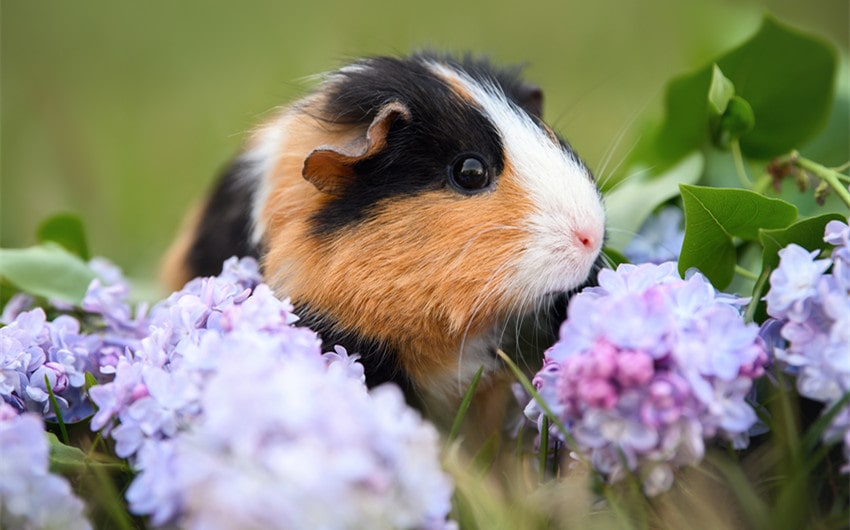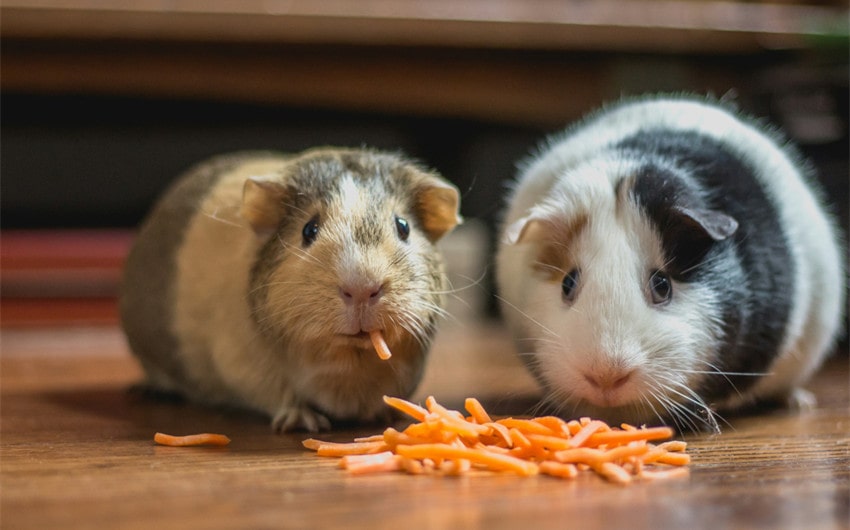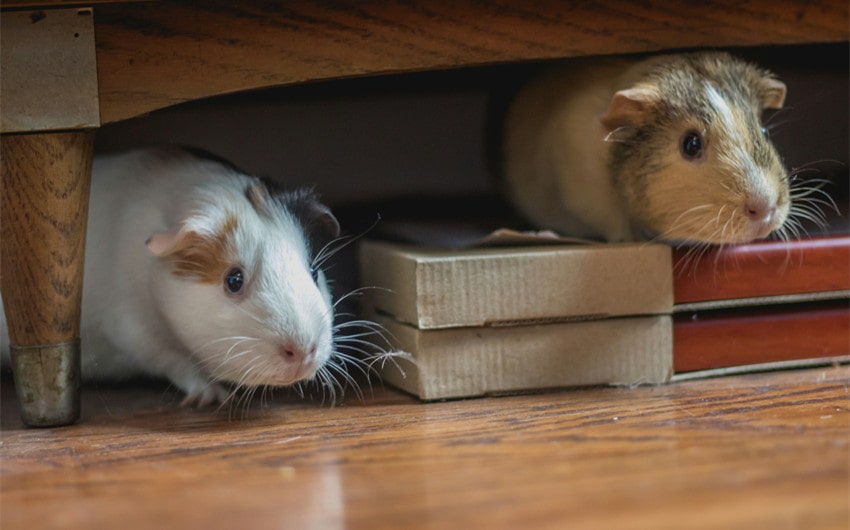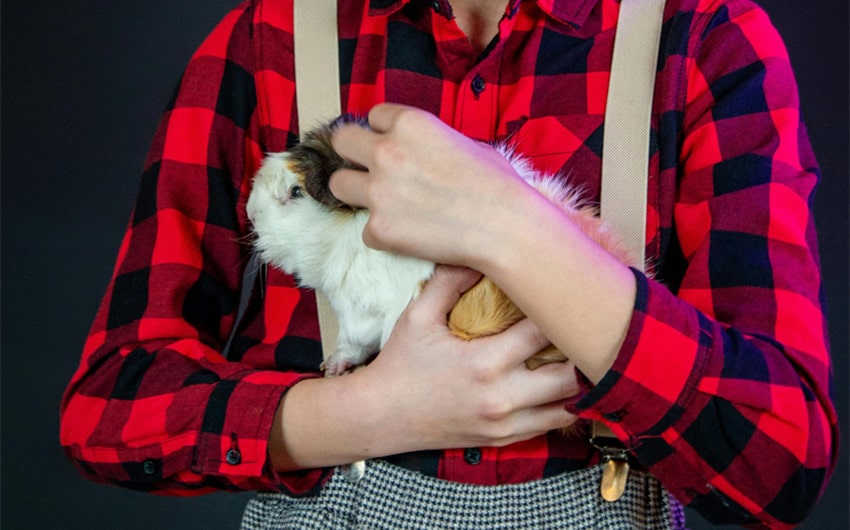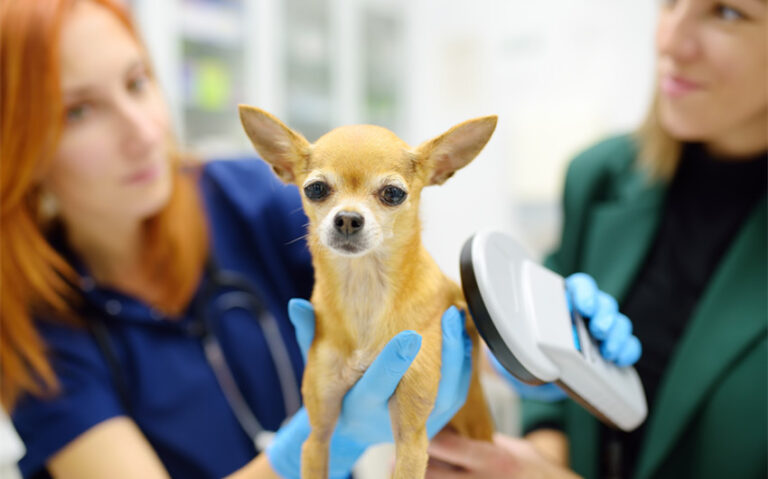7 Realistic Reasons Not to Get a Guinea Pig
Guinea pigs might seem like the perfect pet—small, adorable, and easy to care for, right? Not always. While they can be sweet and social companions, owning one comes with more responsibility than many people expect. Before you rush into adopting, it’s important to think about whether they truly fit your lifestyle.
There are several reasons not to get a guinea pig, especially if you’re looking for a low-maintenance or solo pet. This article breaks down the common challenges so you can make a thoughtful decision—and avoid surprises after the cuteness wears off.
1. They’re Not as Low-Maintenance as They Seem
Guinea pigs often seem like easy pets, but they require much more daily care than people expect. They need constant access to fresh hay, daily servings of vegetables, clean water, and vitamin C to stay healthy. Neglecting even one part of their diet can lead to serious issues.
Cleaning is another major task. Guinea pig cages get messy quickly, and their bedding needs to be spot-cleaned every day and fully changed at least once or twice a week to prevent odor and health problems.
Beyond the basics, guinea pigs need social interaction and mental stimulation. They’re social animals that thrive on attention and consistency. If left alone or ignored for too long, they can become bored, anxious, or depressed.
In short, they’re not “set it and forget it” pets. If you’re looking for something truly low-effort, a guinea pig may not be the right fit.
2. Guinea Pigs Need a Lot of Space
Despite their small size, guinea pigs need a surprising amount of room to stay healthy and happy. Many store-bought cages marketed for guinea pigs are far too small, leading to boredom, lack of exercise, and even health issues like obesity or joint problems.
A proper enclosure should allow them to run, explore, and stretch out fully. The general recommendation is at least 7.5 square feet of space for one or two guinea pigs—more if possible. You’ll also need room for their hay pile, hideouts, water bottle, food dishes, and enrichment toys.
If you live in a small apartment or don’t have a dedicated space to set up a large enclosure, meeting their space needs might be more of a challenge than you expect.
3. They’re Extremely Social—So You’ll Need Two or More
Guinea pigs are herd animals by nature and truly don’t do well living alone. A solo guinea pig can become lonely, anxious, or even depressed without the companionship of its own kind.
That means if you’re thinking about getting one guinea pig, you’ll actually need to plan for at least two—preferably a bonded pair. While they’ll still need your attention, much of their emotional wellbeing comes from their interaction with each other.
Caring for two guinea pigs means double the space, more food, more cleaning, and slightly higher costs for supplies and veterinary care. If you’re not ready for the responsibility of a multi-pet setup, they may not be the right fit.
4. They’re Messy (And Loud!)
Guinea pigs may be adorable, but they can be surprisingly messy. They poop frequently—sometimes hundreds of times a day—and they scatter hay, bedding, and food all over their enclosure. Expect daily cleanup to keep things sanitary and odor-free.
They’re also more vocal than many people expect. Guinea pigs “wheek,” “chirp,” and squeal—especially when they hear the rustling of a veggie bag or sense feeding time. These sounds are cute at first, but they can get loud and repetitive, particularly in smaller homes or shared living spaces.
If you’re sensitive to noise or looking for a tidy pet, guinea pigs might test your patience more than you think.
5. Veterinary Care Can Be Expensive and Specialized
Guinea pigs are considered exotic pets by many veterinarians, which means they require a vet with specific training in small animal or exotic care. Unfortunately, not every clinic offers that, so finding a qualified vet can take time—and it often costs more than a typical visit for a cat or dog.
Guinea pigs are also prone to a range of health issues, including dental problems, respiratory infections, mites, digestive trouble, and vitamin C deficiency. Even a minor issue can turn serious quickly if not treated, and since guinea pigs often hide symptoms of illness, regular checkups and prompt care are essential.
Emergency visits, prescription medications, and diagnostic testing can add up fast. If you’re not prepared for the possibility of high and ongoing vet bills, especially for multiple guinea pigs, this could be a major downside.
6. They Don’t Live Forever—but They Don’t Live Short Lives Either
Guinea pigs live about 5 to 8 years on average, which puts them in an in-between zone when it comes to commitment. They don’t live as long as cats or dogs, but they’re also not a “temporary” pet.
This can be a challenge for families with kids who may lose interest after the novelty wears off, or for people going through major life transitions—like college, moving, or job changes. Guinea pigs need consistent care throughout their lives, and rehoming them due to a lifestyle shift can be stressful for both the animal and the owner.
If you’re not ready to make a multi-year commitment that includes time, space, and emotional involvement, a guinea pig might not be the best fit.
7. Not Great for Young Kids Without Adult Supervision
Guinea pigs are often bought for young children because they look small and harmless—but they’re also fragile, sensitive animals that can be easily injured by rough handling.
They don’t typically enjoy being picked up and may squirm or squeal, which can scare a child and lead to accidental drops or stress for the animal. Even well-meaning children can unintentionally harm a guinea pig by squeezing too hard, handling it too much, or startling it with loud noises.
While guinea pigs can make great family pets, they require gentle, calm care—something that often demands adult supervision and involvement. If you’re looking for a pet that a young child can handle independently, a guinea pig might not be the best choice.
